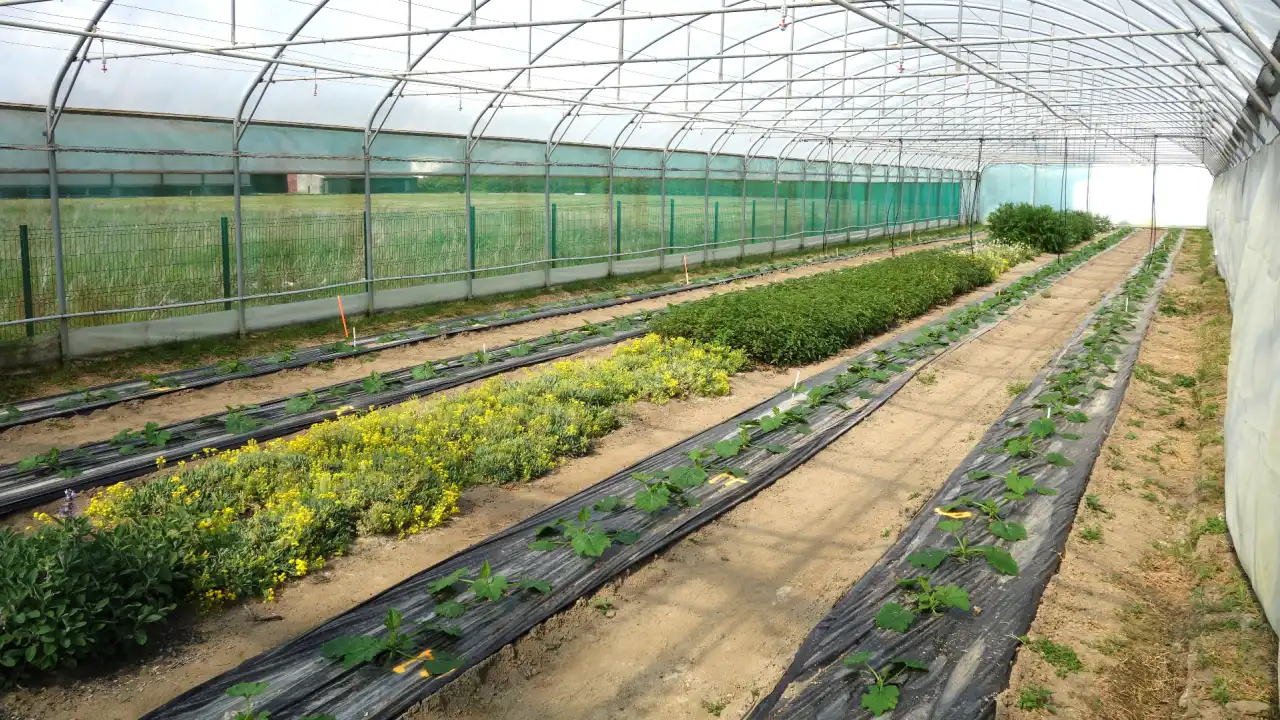Regulating aphids with service plants: a success story, a promising path and pitfalls to avoid!

Aphids are one of the main pests facing vegetable growers. They can cause significant economic losses on many crops, by interfering with plant growth, transmitting viruses or degrading the commercial quality of the final product. To protect their crops against aphids, growers can use phytosanitary products, biocontrol products or implement biological control techniques. However, these solutions are not always satisfactory. In order to overcome their limitations and complete the arsenal available to growers, CTIFL and its partners have been working for several years on the development of alternative solutions. A strategy of biological control by conservation has thus been developed. ...
Aphids are one of the main pests faced by vegetable producers. They can cause significant economic losses on many crops, by hindering plant growth, transmitting viruses or degrading the commercial quality of the final product. To protect their crops against aphids, producers can use plant protection products, biocontrol products or implement biological control techniques. However, these solutions are not always satisfactory. In order to overcome their limitations and complete the arsenal available to producers, the CTIFL and its partners have been working for several years on the development of alternative solutions. A biological control strategy by conservation has thus been developed by the CTIFL and makes it possible to very effectively protect vegetable crops under cold shelter (eggplant, zucchini, etc.) against aphids. Its transfer to producers is already possible. Plants whose odors repel aphids have also been identified and tested in zucchini and strawberry crops, with promising results. However, the implementation of aphid protection strategies based on the use of service plants requires increased skills and observation capacities to avoid falling into traps likely to compromise the success of the crop!